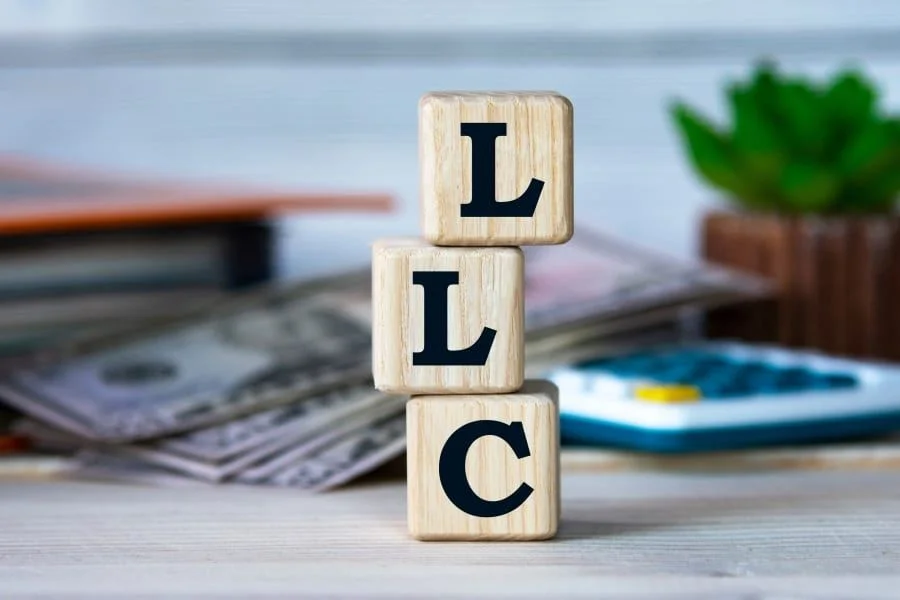
If you’re a real estate investor operating under a Limited Liability Company (LLC), securing financing can sometimes be a unique challenge. Debt Service Coverage Ratio (DSCR) loans offer a tailored solution that evaluates the cash flow of your investment property rather than your personal income. In this blog, we’ll dive into the specifics of DSCR loans for LLCs, covering essential terms and concepts to help you navigate this financing option effectively.
What is a DSCR Loan?
A DSCR loan is a type of non-qualified mortgage (non-QM) that focuses on the income generated by a rental property. For LLCs, this means the loan is based on the property's cash flow, making it easier for businesses without traditional income documentation to secure financing.
Why Use a DSCR Loan for Your LLC?
Flexibility
DSCR loans offer more lenient qualification criteria compared to traditional loans, which is particularly beneficial for LLCs that may not have consistent income streams.
Speedy Approval
The approval process for DSCR loans is generally faster, providing quick access to funds, which is crucial for seizing investment opportunities in a competitive market.
Property-Centric Evaluation
Lenders prioritize the income potential of the property over the borrower's credit score, making it accessible to a broader range of investors.
Key Terms to Know
Debt Service Coverage Ratio (DSCR)
The DSCR is a financial metric that measures the ability of a property to cover its debt obligations. It’s calculated by dividing the property's Net Operating Income (NOI) by its total debt service (principal and interest payments).
Net Operating Income (NOI)
NOI is the total income generated from a property minus operating expenses. It does not include mortgage payments, capital expenditures, or taxes.
Loan-to-Value (LTV) Ratio
LTV ratio compares the loan amount to the appraised value of the property. A lower LTV ratio indicates a lower risk for the lender.
Non-Qualified Mortgage (Non-QM)
Non-QM loans do not meet the standard criteria set by government-sponsored entities like Fannie Mae and Freddie Mac. They offer flexible underwriting guidelines that can accommodate various income documentation.
Personal Guarantee
Some DSCR loans may require a personal guarantee, where the LLC's owners personally guarantee the loan, providing an added layer of security for the lender.
Balloon Payment
A balloon payment is a large payment due at the end of the loan term. It is common in DSCR loans, requiring borrowers to either refinance or sell the property to make the final payment.
How to Qualify for a DSCR Loan
Frequently Asked Questions
Q: Can I use a DSCR loan for any type of property? A: Yes, DSCR loans can be used for residential, commercial, and land investments.
Q: Do DSCR loans have prepayment penalties? A: This depends on the lender. Some DSCR loans may have prepayment penalties, so it's essential to read the loan terms carefully.
Q: What if the property’s income fluctuates? A: If the rental income varies, it’s crucial to have a buffer to cover debt obligations during lower-income periods. Lenders may also consider the average income over a period of time.
Q: Can a new LLC qualify for a DSCR loan? A: Yes, new LLCs can qualify for DSCR loans, provided the property meets the lender's income and value criteria.
Conclusion
DSCR loans provide a valuable financing option for LLCs, emphasizing the income potential of the investment property over personal financial history. This flexibility makes them an attractive choice for real estate investors looking to expand their portfolios. If you’re considering a DSCR loan for your LLC, contact NewKey Lending to explore your options and secure your next investment property efficiently.
CEO
NewKey Lending, LLC | NMLS: 728813